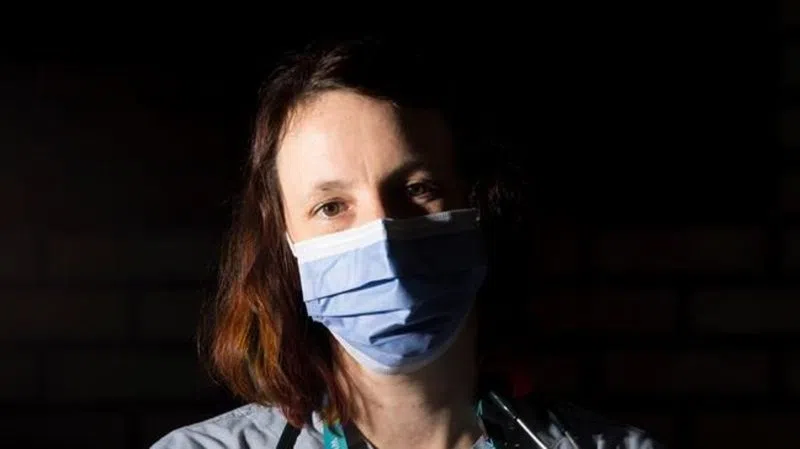
‘A lifeboat in the ocean:’ Nurses on life inside a downtown Vancouver hospital
VANCOUVER — As a registered nurse in the emergency department at St. Paul’s Hospital in Vancouver, Zoe Manarangi Bake-Paterson wonders whether she’ll be the same after the COVID-19 pandemic subsides.
There’s palpable stress in the department, she says, as she and her colleagues prepare for a surge of cases that may or may not arrive.
“It feels like we’re in a lifeboat in the ocean waiting for the tsunami to arrive,” Manarangi Bake-Paterson says.
“I just wonder how this will change me or change my co-workers in our practice or in our personal lives, because I think it’s a lot that’s going to come our way. I just wonder, when we come through the other side, how different will we be?”


